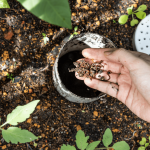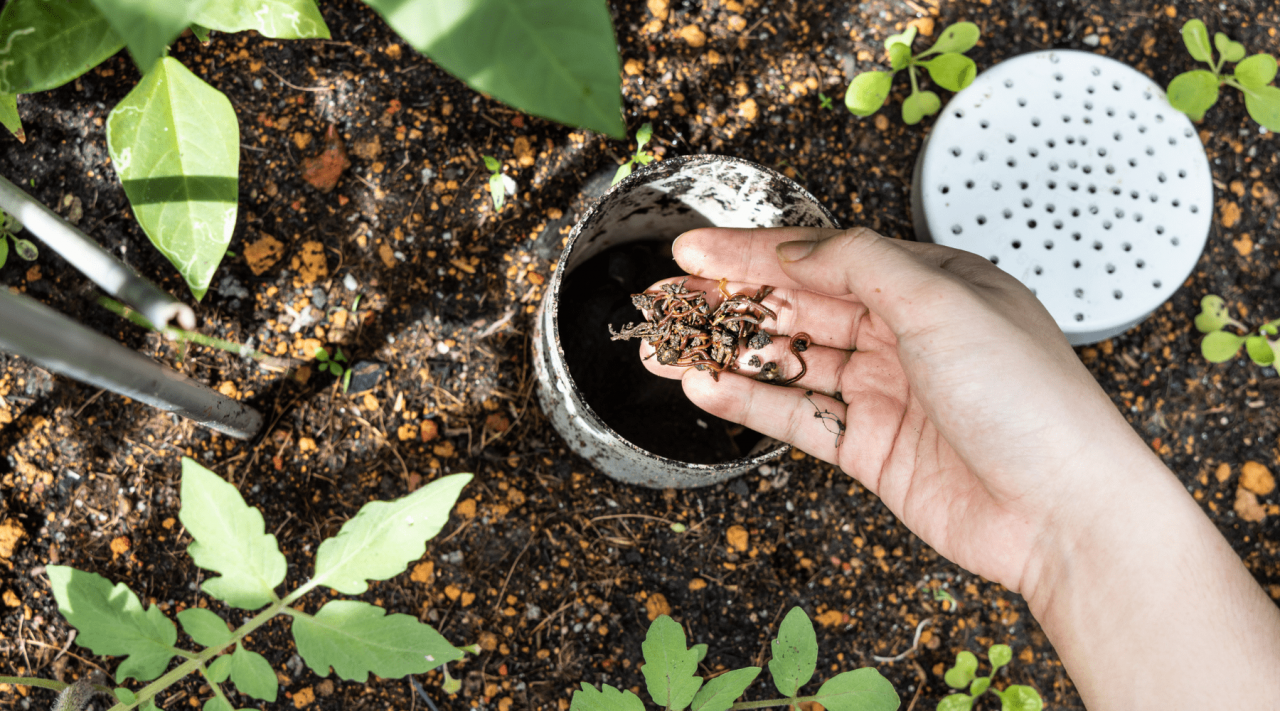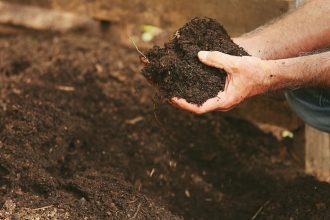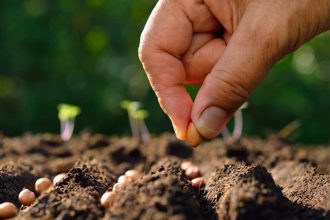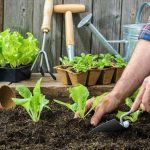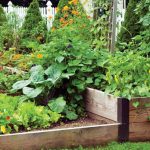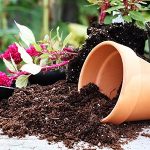In the world of gardening, the health of your plants starts from the ground up. Organic soil amendments are like a spa day for your garden, rejuvenating tired soil and nourishing your plants from the roots to the leaves. In this article, we’ll explore the benefits of utilizing organic soil amendments to improve the overall health and vitality of your garden. From compost to bone meal, these natural fertilizers are the secret sauce to growing a thriving and vibrant garden ecosystem. Let’s dig in and uncover the transformative power of organic soil amendments.

Understanding the Benefits of Organic Soil Amendments
Organic soil amendments play a crucial role in maintaining the health and vitality of your garden. By nourishing the soil with natural and sustainable materials, you can enhance the overall quality of your plants and promote a thriving ecosystem in your backyard.
One of the key benefits of using organic soil amendments is their ability to improve soil structure. Materials such as compost, manure, and peat moss help to break up compacted soil, allowing for better water infiltration and root growth. This leads to healthier plants that are more resilient to environmental stressors.
Additionally, organic soil amendments can boost the nutrient content of the soil, providing essential elements for plant growth and development. Unlike synthetic fertilizers, which can leach harmful chemicals into the ground, organic amendments release nutrients slowly over time, reducing the risk of nutrient runoff and pollution.
By incorporating organic soil amendments into your gardening routine, you can create a sustainable and environmentally friendly garden that thrives for years to come. Experiment with different materials and techniques to find the perfect balance for your unique garden space, and enjoy the bountiful harvests and beautiful blooms that result from healthy, well-nourished soil.
The Best Types of Soil Amendments for Different Garden Needs
When it comes to gardening, the type of soil you use can make all the difference in the health and success of your plants. Adding organic soil amendments is a great way to improve the quality of your soil and provide essential nutrients for your garden. Different plants have different needs, so it’s important to choose the right type of soil amendment for your specific garden.
One of the best types of soil amendments for improving soil structure and drainage is compost. Compost is made from organic matter such as kitchen scraps, yard waste, and manure. It helps to break up heavy clay soils, improve water retention in sandy soils, and provide essential nutrients for plant growth. Adding compost to your garden beds each year can greatly improve the overall health of your soil.
If you’re looking to increase the acidity of your soil for acid-loving plants like blueberries or azaleas, peat moss is a great option. Peat moss helps to lower the pH of the soil and improve moisture retention. Simply mix peat moss into your soil before planting to provide a more suitable environment for these plants to thrive.
Tips for Incorporating Organic Soil Amendments into Your Gardening Routine
When it comes to improving your garden’s health, incorporating organic soil amendments is key. By using natural materials to enrich the soil, you can create a thriving environment for your plants to grow and flourish. Here are some tips on how you can easily incorporate organic soil amendments into your gardening routine:
- Compost: One of the best organic soil amendments you can use is compost. It is a rich source of nutrients and beneficial microorganisms that help improve soil structure and fertility.
- Manure: Another great option is to use animal manure. It adds essential nutrients like nitrogen, phosphorus, and potassium to the soil, promoting healthy plant growth.
- Mulch: Mulching your garden with organic materials like straw, leaves, or wood chips helps retain moisture, suppress weeds, and add nutrients to the soil as it breaks down.
By incorporating these organic soil amendments into your gardening routine, you can create a sustainable and thriving garden that will yield healthy and vibrant plants. Remember to choose high-quality organic materials and follow recommended application rates for best results.
Enhancing Soil Health and Fertility with Natural Supplements
When it comes to maintaining a healthy and thriving garden, organic soil amendments can be a game-changer. By incorporating natural supplements into your soil, you can enhance its overall health and fertility, leading to more robust and vibrant plant growth.
One popular method for improving soil health is by using compost. Compost is a rich and nutrient-dense addition that can help improve soil structure, retain moisture, and provide essential minerals for plant growth. By adding compost to your garden beds, you can create a more hospitable environment for your plants to thrive.
Another effective natural supplement for enhancing soil fertility is manure. Whether it’s from cows, horses, or chickens, manure is an excellent source of organic matter and nutrients that can help improve soil quality. When incorporated into the soil, manure can help boost microbial activity, increase nutrient availability, and promote healthier root development for your plants.
Overall, by incorporating organic soil amendments like compost and manure into your gardening routine, you can create a more sustainable and healthy environment for your plants to flourish. With a little bit of effort and the right natural supplements, you can improve your garden’s health and productivity for years to come.
In conclusion, organic soil amendments are a natural and effective way to enhance the health and vitality of your garden. By incorporating these beneficial products into your gardening routine, you can improve soil structure, increase nutrient content, and promote overall plant growth. Whether you choose compost, manure, or another organic amendment, you are sure to see the benefits of a healthier and more thriving garden. So go ahead and give your garden the care it deserves with the power of organic soil amendments. Happy gardening!


